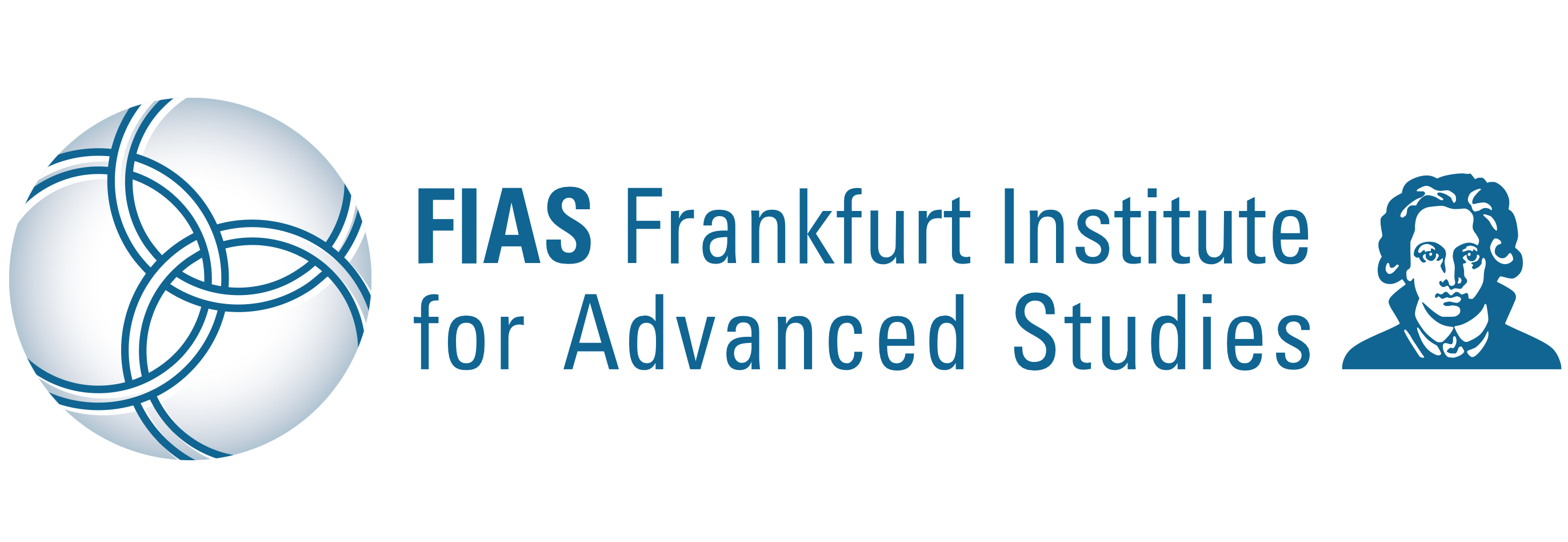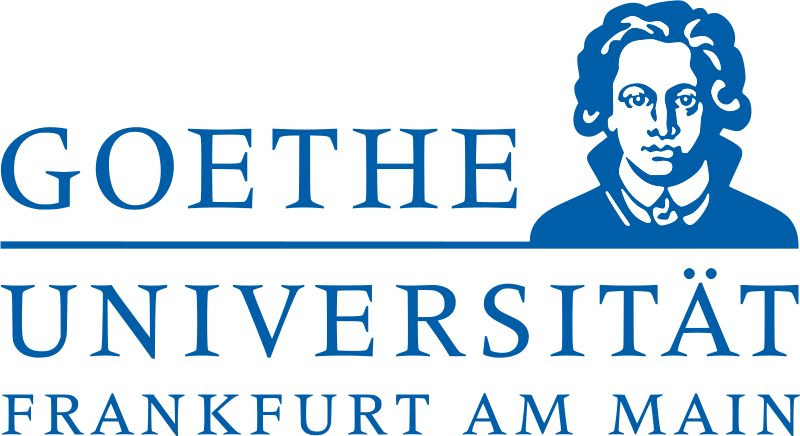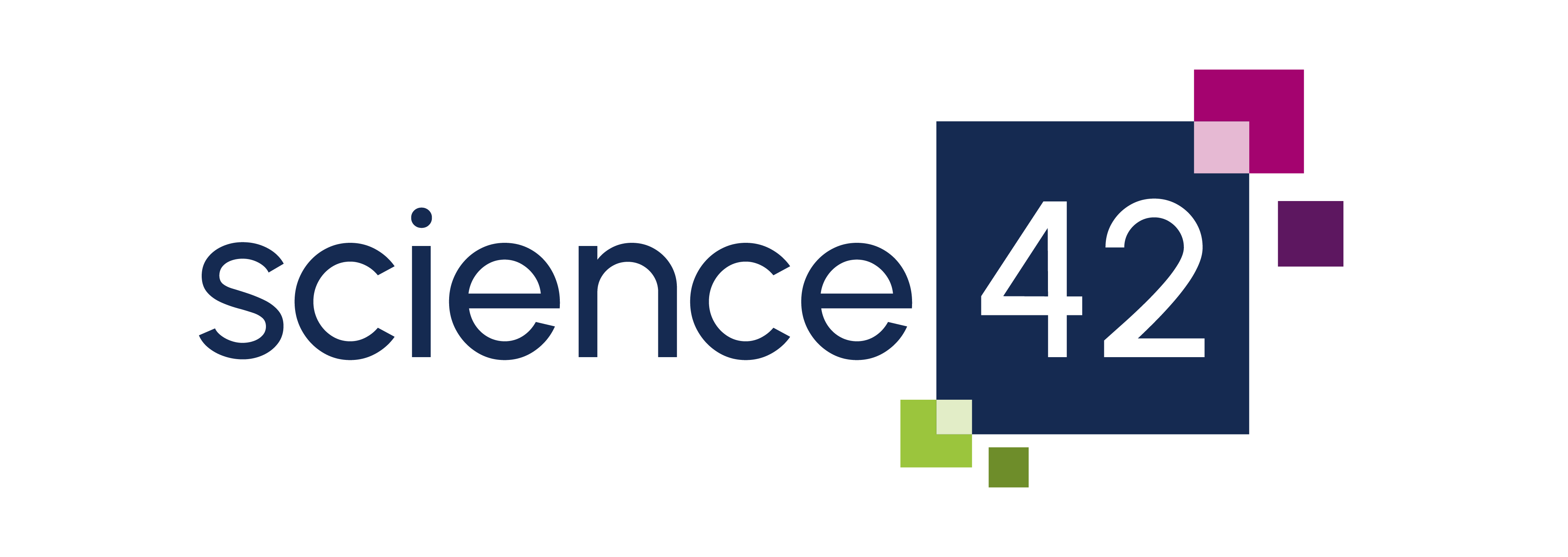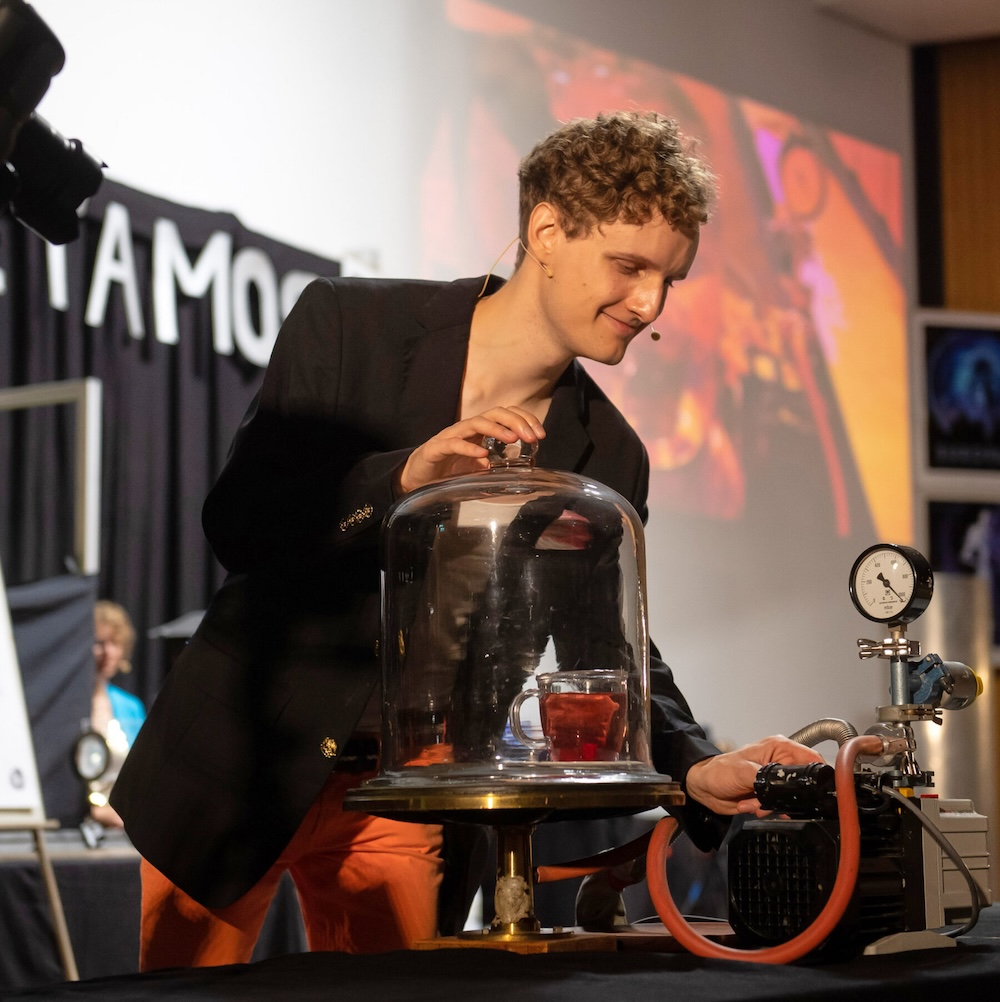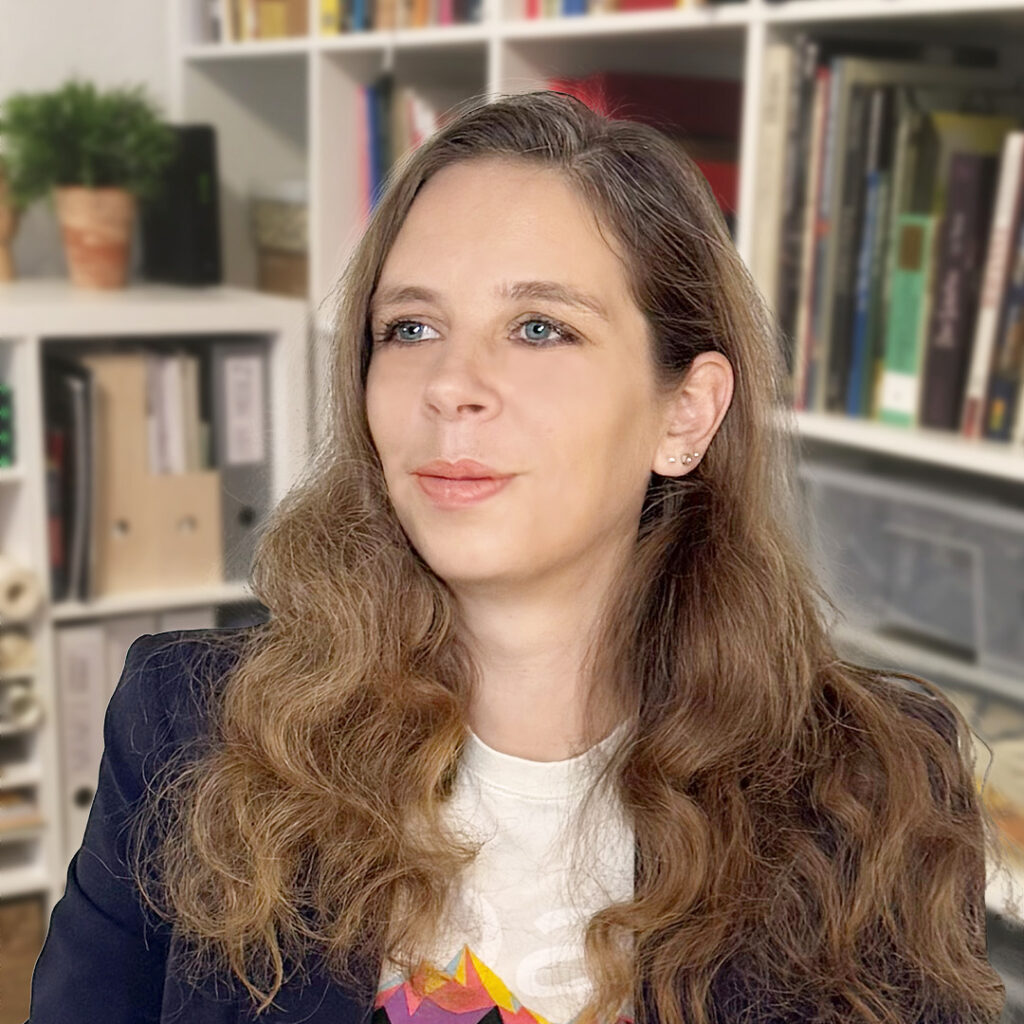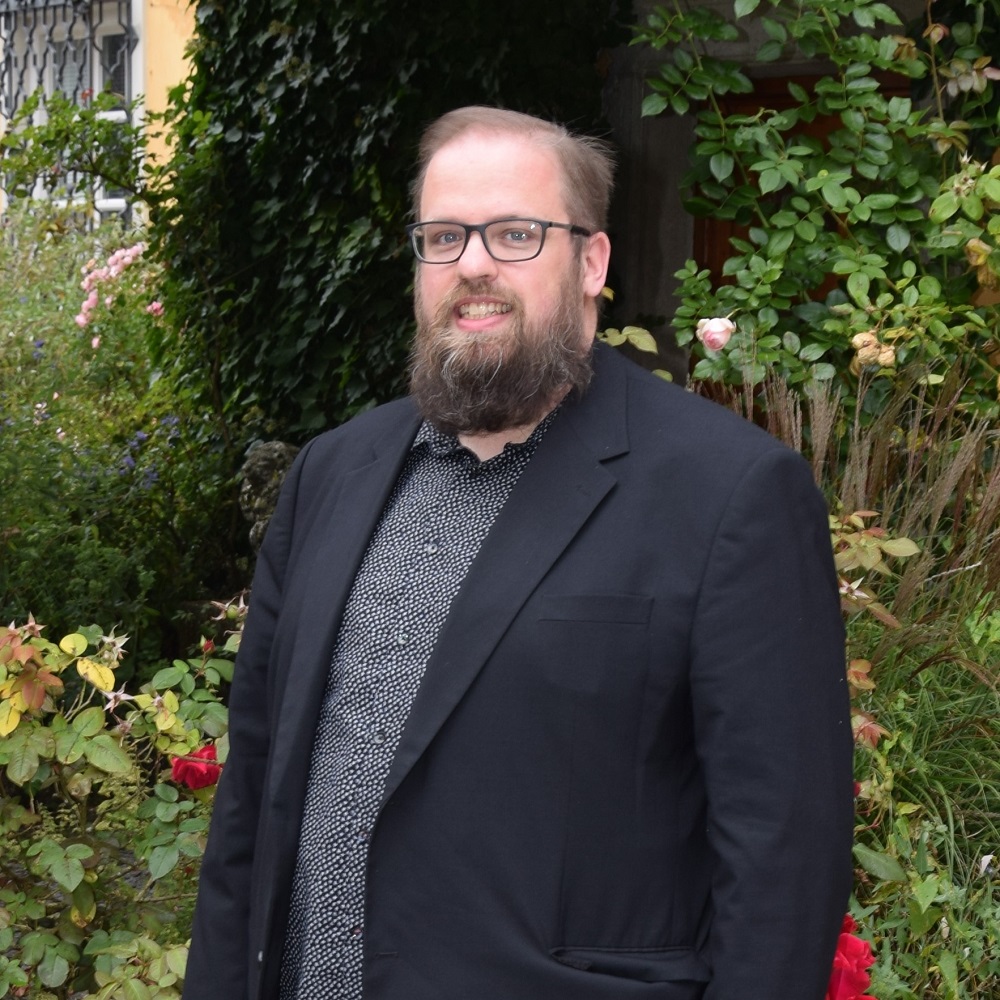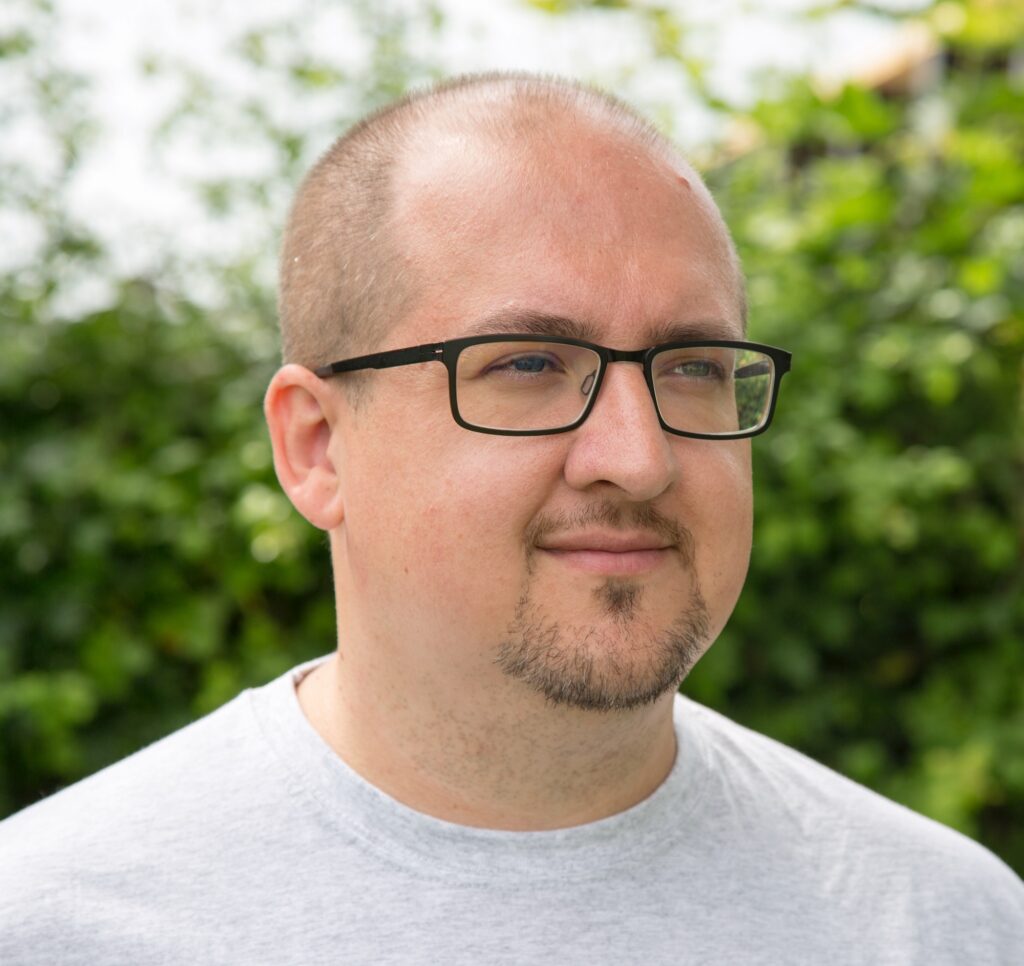So why should you join?
Science plays a crucial role in shaping our world, but effectively communicating research beyond the academic sphere is more important than ever. In an era of information overload, strong science communication helps build trust, engage diverse audiences, and ensure that evidence-based knowledge informs public discussions. The European Summer School brings together young scientists to explore innovative ways of sharing their work, making complex ideas accessible, and fostering meaningful dialogue. Join us to gain practical skills, connect with like-minded researchers, and become a more confident and impactful science communicator.
The ES3C brings together young scientists to give them an idea on how to communicate their science.
Diversity
The ES3C brings together people from all over the world to discuss science communication, share ideas and build lasting networks. We are looking for a variety of topics, people and audiences. Thus the topic of 2025 – DIVERSITY.
Application
The ES3C is financially supported by science 42.
Thus the conference fee for the ES3C includes the attendance for the whole SCI-COM-E meeting. If you are selected the fee for both events is 250€.
In order to get the best mix of students we need to make a selection. Application for the ES3C is possible for PhD and Master students from all fields of science. If you don’t fit the criteria (e.g. you just finished your PhD) and still want to apply, please indicate that in your application.
Please apply by sending an e-mail to .
Include a 1-page CV and a max. 1-page motivation letter why you want to join the school combined in a single pdf file.
Program
28.07.2025
09:00 – 10:30
10:30 – 11:00
11:00 – 12:30
12:30 – 14:00
14:00 – 16:00
16:00 – 16:30
16:30 – 18:00
29.07.2025
09:00 – 10:30
10:30 – 11:00
11:00 – 12:30
12:30 – 14:00
14:00 – 16:00
16:00 – 16:30
16:30 – 18:00
18:30
30.07.2025
09:00 – 10:30
10:30 – 11:00
11:00 – 12:30
12:30 – 14:00
14:00
Lecturers
The European Summer School on Science Communication will feature experienced science communicators who will cover a broad range of science communication formats.
Confirmation will connect to a third party service, subject to its own independent privacy policy!
Venue
There are plenty of hotels in Frankfurt and it is easily reachable by train, plane and car. If you need any assistance, please let us know.
Partners
The European Summer School on Science Communication would not be possible without its great partners. If you want to support this or further events, please get in touch.
